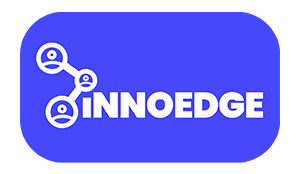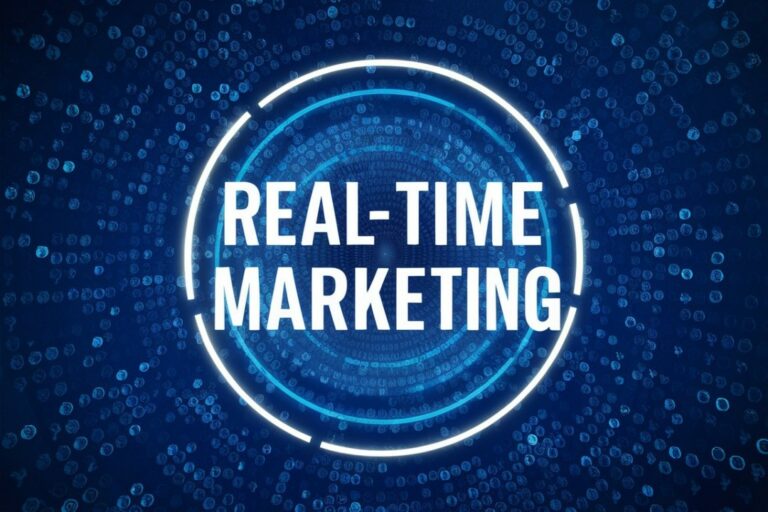Real-Time Marketing: Are You Fast Enough to Keep Up?
In the digital era, the pace at which consumers interact with brands is faster than ever, making marketing a vital strategy for businesses seeking to capitalize on immediate opportunities and customer interactions. Marketing involves reacting to events as they happen with tailored messaging and offers, significantly enhancing customer engagement and satisfaction.
The Importance of Real-Time Marketing
Marketing allows companies to operate dynamically, adapting their marketing efforts as real-world events unfold. This responsiveness can significantly increase a brand’s relevance and resonance with its audience. For instance, Oreo’s “Dunk in the Dark” campaign during the Super Bowl power outage showcased the power of real-time responsiveness, capturing widespread attention and engagement from millions of viewers (Learn Hub | G2).
Moreover, real-time marketing isn’t just about rapid response but also about relevance. Utilizing a Customer Data Platform (CDP) that integrates real-time data enables businesses to tailor their interactions based on up-to-date customer insights, ensuring that marketing messages are both timely and pertinent (Salesforce).
Technologies Driving Real-Time Marketing
Advanced technologies such as AI and machine learning are at the forefront of enabling real-time marketing by processing large volumes of data quickly to identify trends and trigger appropriate marketing actions. For example, Microsoft Dynamics 365 uses AI to enhance its real-time marketing capabilities, allowing for more personalized and effective customer interactions (The Microsoft Cloud Blog).
Benefits of Marketing
- Increased Customer Engagement: Real-time interactions foster a deeper connection with customers, making them feel valued and understood. This can lead to higher satisfaction rates and loyalty (Learn Hub | G2).
- Enhanced Customer Experience: By responding immediately to customer needs and behaviors, companies can create a more seamless and satisfying customer experience (The Microsoft Cloud Blog).
- Operational Efficiency: Real-time marketing can streamline operations and reduce costs by eliminating delays and improving the accuracy of targeting (Salesforce).
- Competitive Advantage: Brands that can move quickly and adeptly in response to consumer trends and events can differentiate themselves from competitors who rely on slower, traditional marketing methods (Learn Hub | G2) (The Microsoft Cloud Blog).
Challenges in Marketing
While the advantages are clear, marketing also presents challenges, such as managing the sheer volume of data and ensuring the accuracy of real-time analytics. Businesses must have robust data processing and analytics capabilities to handle these demands effectively (Cognism Sales Intelligence).
Key Takeaways
- Marketing is crucial for engaging digital consumers effectively.
- Technologies like AI and data analytics are essential for leveraging real-time data.
- The approach enhances customer experience and operational efficiency but requires careful management of data and analytics tools.
In conclusion, as consumer expectations continue to evolve towards instantaneity and personalization, real-time marketing is not just beneficial but essential for businesses aiming to stay relevant and competitive in a fast-paced market.



